[AUTHOR’S NOTE: I never had any intention of participating in NaNoWriMo, that annual occasion where writers all around the world cobble together a 50,000 word novel during the month of November. But in three hours, the following 2,500 word chapter spilled out of me. I became driven by the mischievous glee of writing a novel that not a single house would ever have the stones to publish and I had a lot of fun putting together this story. I may carry on with this experiment. I may not. But I thought it would be fun to offer a glimpse of my weird and iconoclastic creative mind. I suspect I will offend some people, particularly wildly obnoxious white middle-class people and those fragile mediocrities presently installed in the literary world, but honestly who gives a fuck? That’s what being creative is all about, ain’t it?]
It was a cool Tuesday morning when the topless maid found Paul Van Kleason’s naked corpse in his dusty book-lined living room.
Ezmerelda Gibbons felt the prickly shudder of gooseflesh, although the source of this unsettling chill was not Van Kleason’s pathetic and chalky-white dead body, but the unceasing breeze rolling in from the Atlantic.
Horripilation was an occupational hazard in sex work, which she supposed this was, although Ezmerelda had never done the nasty with a client. She counted her lucky stars that she possessed enough dignity not to fuck Van Kleason despite his feeble one-note bleats into the ether, his steadfast pledges to redistribute some of the large bills he had secured from a shady film deal eight years before.
If only these braying men really knew how little their lustful lunges mattered, how infrequently their advances were reciprocated.
But she was in the business of serving up fantasies. And the more you kept these desperate dudes hungering, the more you could bank on these losers lining your coffers. This seemed a reasonable tradeoff after centuries of patriarchal oppression.
Van Kleason’s body was lumpy and ass-up. Arguably one of the most undignified ways you could meet your maker. The only part of his porcine body with anything faintly resembling muscle were his legs, questionably toned from the “Nature Walks” that he had live-streamed on social media to persuade people that he was woke and eco-aware. But Van Kleason told Ezmeralda privately that he had to hawk his shitty novels. He would even show her his royalty statements while she was bent over, scrubbing away at one of the thick onyx smudges that always seemed to line his kitchen basin. She did this as the jangle of his loosened belt buckle chimed into her ears, followed by the deep-throated horrors of Van Kleason relieving himself. At least he had enough presence of mind to do this when she wasn’t looking.
Van Kleason had been quite industrious in his final moments of life. His left hand grasped his iPhone 14 Pro, where an OnlyFans PPV of Ezmerelda bumping and grinding to Poison’s “Every Rose Has Its Thorn” — a power ballad she thoroughly loathed — played on auto-repeat before the phone mercifully expired from a dead battery. Disturbing. His last cognizant thought had been of her. Ezmerelda was creeped out further when she noticed his right hand near his buttery thigh, dangling like a five-fingered answer to a lifeless pigeon, limply and listlessly reaching for his spotty STD-bedecked garter snake. A minuscule reptile that would grow no more.
How had Van Kleason died? Coronary thrombosis? A broken heart? The deep hate he secretly harbored for his readers finally catching up to him?
Ezmerelda stepped closer to the body, the footfalls from her teetering high heels reverberating against the high ceiling of this dubious manse. This sad and lonely palace to “success.”
She called the local police.
“I’d like to report a dead body,” she said to the folksy Caucasian cadet answering the phones.
“A dead body?” he said.
He was still green enough to express sincere horror, but Ezmeralda knew that this would be hammered out of him in six months, where he would likely become a gun-toting yahoo with a voracious appetency for racial profiling.
“Now, ma’am,” he said, “that’s an emergency. You really should call 911.”
“Oh, I didn’t kill him. Do you think that’s why I called?”
There was an awkward pause from the cadet as it suddenly dawned on him just what type of woman he was talking with.
“Uh, I’m sorry. Why are you calling us?”
“They have bigger things to take care of, don’t they?”
“Ma’am, stay right there. We’re sending over three units right now. We’ll need to question you.”
“Is that really necessary?”
“I’m afraid that it is.”
“I think some…discretion may be necessary here.”
“Ma’am, there’s a clear protocol.”
“I understand this, but this man is…I’m sorry, was…a somewhat prominent figure.”
“A prominent figure?”
“Do you read?”
“No.”
“Well then you probably don’t know him.”
“I have your address at 63rd Avenue North. Is that correct?”
“Yes.”
“Okay. Stay there.”
“Will the questioning take long?”
She had a manicure appointment, a hard-won slot with the best pedicurist in town, and a daily berating from her personal trainer scheduled that afternoon. These local bumpkins truly had no idea how much upkeep was required to secure your place within the top 10% on OnlyFans. Not quite what Du Bois had in mind.
“That’s not for me to say. I’m sorry to inconvenience you, ma’am, but you’re going to have stay on the scene. Are you experiencing any shock or trauma?”
“No.”
“Then everything will be as ripe as roses.”
Ripe. A peculiar adjective to use for comfort when a quasi-famous man was lying dead only ten feet away from you and the pigs might somehow find a way to pin this on you.
“We’ll have someone there in ten minutes.”
“Okay. Thank you.”
She canceled her appointments by text. She knew that her personal trainer would scream at her the next time she saw him for “betraying” their pledge. Rollins’s toxic masculinity had been freshly liberated after that annoying guy had gone viral on TikTok. The long-haired dude who walked with a coffee mug in verdant splendor and screamed at total strangers to go to the gym while ducking his head like some wispy salamander in search of a worm for breakfast.
She didn’t have any feeling one way or the other for Van Kleason. Sure, he was a human being, but not a particularly good one, even though he had made considerable ado over what a “good guy” he was. So there was little to mourn other than how his death had inconvenienced her. And how she would have to find another client who had been so devoted to fiercely chronic masturbation. Van Kleason had been good for at least two thousand dollars a week. Money that she had been forced to transfer to the volatile realm of Ethereum because some of the fuddy-duddy banks had closed her accounts for “moral reasons.” Or maybe because they became easily unsettled because of the way she looked. Never mind that she had carefully followed the law.
Ezmerelda had become accustomed to death. Aside from a nine month stint at the Cook County Medical Examiner’s office ten years before, where she had grown a Teflon skin in response to the stink and grime of newly dead people and the constant aroma of Formaldehyde, there had also been the pandemic. Three of the last people in the world who truly understood and accepted her had passed away. And this despite their hardcore hygiene protocols, which rivaled Howard Hughes at his most germophobic.
She was only thirty-five years old, but her understanding of mortality matched those who were two decades older. And even before this terrible Tuesday morning, during her hard days growing up in Canarsie, there hadn’t been a single week in which she didn’t hear some grisly news about one of the jovial neighborhood locals gunned down as the gangs and the drug dealers carved up turf when they weren’t looking for a new shorty among her sistas. The murders that flourished under Dinkins. The unbroken rattle of gunfire that kept her hiding under blankets as a child. It was a wonder that there was anybody still alive to rent another unit in her housing development.
But that was the funny thing about Brooklyn. Avaricious landlords in Park Slope and Carroll Gardens ensured that there were always be new people moving into her neighborhood, claiming it as theirs and not bothering to bone up on previous history. Some of them were naive. Some of them were fearless. One clueless and newly married white couple had knocked on her family’s door with a homemade fruitcake and had made awkward attempts to befriend her mother, but their unit was vacant inside of six months. And it steeled her determination to escape. To find some sanctuary on earth where she would never have to apologize for being who she was. She had tried to convey her truth and her life story to white people, but they never seemed to comprehend it, even when you explained it to them as if they were small children. White people were more keen on complaining about the barista who had bungled their pumpkin spice latte that morning or their uncertainty in ordering jerk chicken from the nice place next to the liquor store. “Is it appropriate?” they would ask. “I don’t want to appear insensitive!” But white people had this way of bungling interracial camaraderie, even after reading several volumes of Black history. Fear of Black people was permanently baked into their DNA. So she smiled and nodded and made white people feel a little better about their privilege and their simplistic liberalism. And she sometimes hated herself for it. She knew damned well that these same white people, these hopeless fucks who would boast to other white people about having one Black friend, would call the police on her if she looked at them the wrong way or blasted The Pharcyde too loud.
Most of her OnlyFans subscribers were white. But she wasn’t going to be their fetish or their special chocolate sundae. She took their money, blocked anyone who was racist, and quietly redistributed half of her earnings to her own people.
Van Kleason, for all of his faults, walked on the right side of the delicate line. She knew that she had been something of an exotic curiosity to him — largely because she was considerably more schooled than some ghettoass jabroni hopelessly smitten by Tyler Perry’s oeuvre — but she had never been his mammy. And she sure as hell wasn’t going to cosplay as Hattie McDaniel. Not to him or anyone. If any of her clients read, she would examine their bookshelves. And if she saw a volume from that racist white bitch Kathryn Stockett, she’d get the hell out of there faster than a cheetah sprinting around a David Attenborough-narrated landscape for lunch.
Years before, she had won a scholarship to the Iowa Writers’ Workshop. She’d hoped to write the Great American Novel, but suspected that none of the white people had bothered to read her work and that she had been selected more out of tokenism. This was confirmed as she worked hard to land her MFA. Several has-been white male writers, bankrolled by the tendentious largesse of slightly older white male has-beens who could be found on social media laying down platitudes about why cancel culture was bad, tore her short stories to shreds and condemned her for not conveying what they deemed to be the “female experience,” which they were apparently inexplicable experts about.
So she largely gave up the writing, especially after her OnlyFans began to take off during the pandemic. She had never intended to stick around there for long, figuring that it was a temporary form of survival. She had prided herself in always paying her rent on time, even when she had to exhume her couch for spare change. But when the job market had “rebounded” (at least according to economic “experts”), she made another stab at working in New York media, learning that every door had been closed to her. That’s when she discovered that she had been targeted with a vicious smear campaign on social media initiated by Emma Silveburg, a former Big Brother contestant who had somehow rebranded herself as a mediocre novelist and was now begging her 90,000 Twitter followers to finance her divorce, Brie Attenberg, a narcissist prone to fits of rage who had made viral TikToks demanding that aspiring and talentless creatives write five thousand words a day at gunpoint (only one of Attenbeg’s wildly popular videos had resulted in some imitative jackass accidentally shooting his student during a live stream death, causing Attenberg to ditch the Luger P08 and become a dubious poster girl for gun safety, which the thoughtless throngs ate up, of course), and Van Kleason, a largely incoherent and inexplicably bestselling speculative fiction writer who slid into her DMs one lonely night and told her that the only reason he had amplified the online vitriol was because he had the hots for her. Could she come three times a week to his Myrtle Beach home and clean for her? Could she wear nothing but an apron and slowly reveal her tits? If that wasn’t acceptable, maybe Ezmerelda could dress up as a Waccamaw cottonpicker from 1893 and talk demurely like some hopelessly deferential squaw.
She wasn’t going to be some colonial plaything for anyone. She came very close to blocking Van Kleason. But then he came back with an offer she couldn’t refuse. Van Kleason promised her referrals.
It was an unlikely side hustle, with several other aspiring sugar daddies had expressed desires to “sculpt her in their image,” a curious phrase and a vaguely ecclesiastic kink that involved talking dirty while sustaining a Peter Falk impression. Some of these sad middle-aged men were in unhappy marriages and they toiled in go-nowhere middle-class McJobs that they clearly despised, but they all somehow found spare hours during day and night and they all seemed to be big fans of crime shows like Columbo and Baretta. She watched what she could find of these ancient crime dramas on YouTube and she became an expert mimic. She stripteased and talked dirty in private video chats and timed her “Just one more thing” purr to hit just before the very moment they climaxed off-camera. (She would charge $400 extra if they insisted on jisming on camera, rightfully counting on most of them being cheapskates.) While many of her former classmates, all master networkers tight with her former teachers, were trying to dig their way out of the credit card avalanches instigated by rising inflation, Ezmerelda watched her savings account burgeon into two years of living expenses. She was ignored by them, of course. The damage done by Silverburg, Attenberg, and Van Kleason was significant. But she didn’t worry too much about that because, unlike them, she had made it. Meanwhile, her old “friends” at Iowa wrote longass blog posts decrying the evils of capitalism, but never actually doing anything about it. So it became increasingly easier to not allow them to live inside her head rent-free.
Still, there had to be a better way to get by than this.
There was a knock on the door. The whirling red and blue of sirens spilled through the French window, casting a lambent glow on Van Kleason’s bare lily-white ass, which was beginning to look faintly green. Ten seconds later, her phone rang.
“Hello?”
“Miss Gibbons, we’re here. Would you mind opening the door?”
(Word count: 2,465/50,000 words.)
(Next: The Coat Basket)

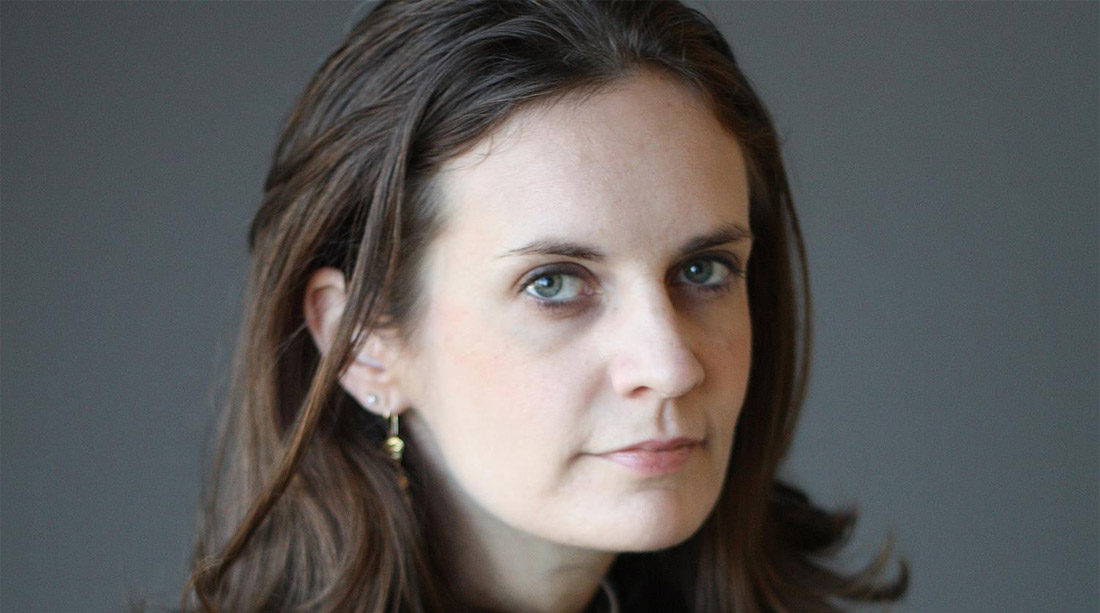
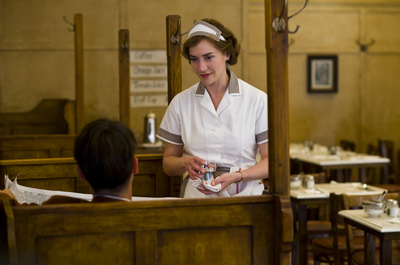
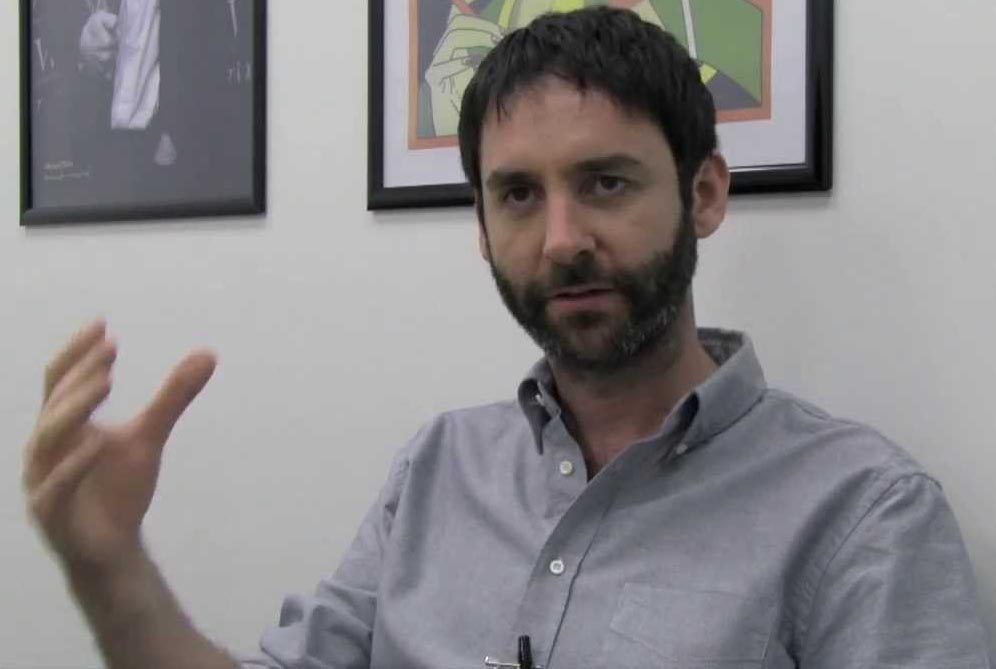

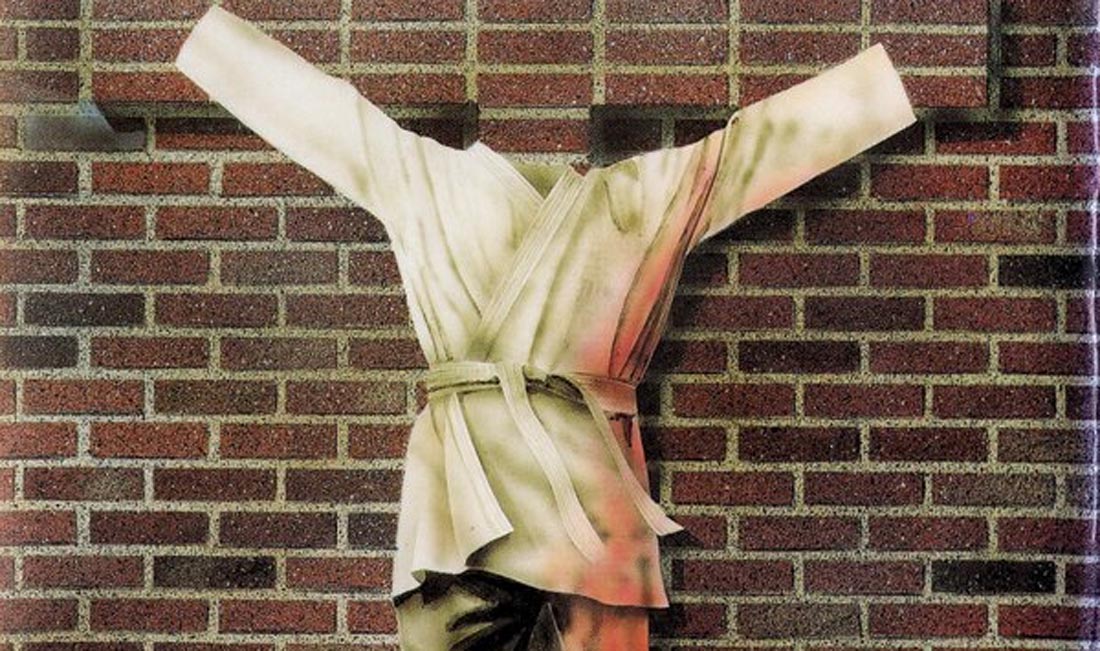
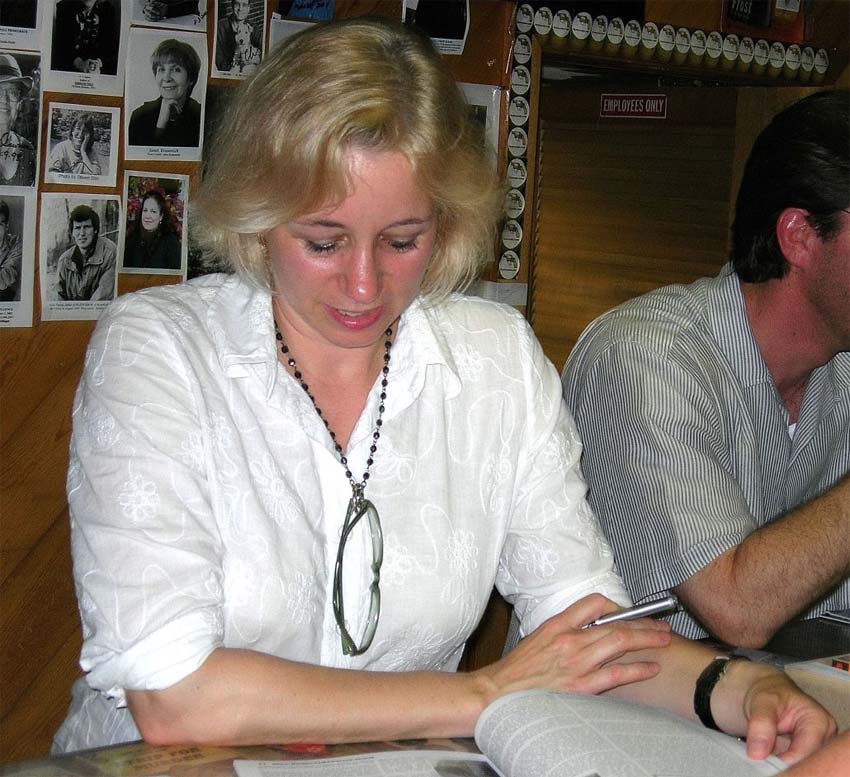

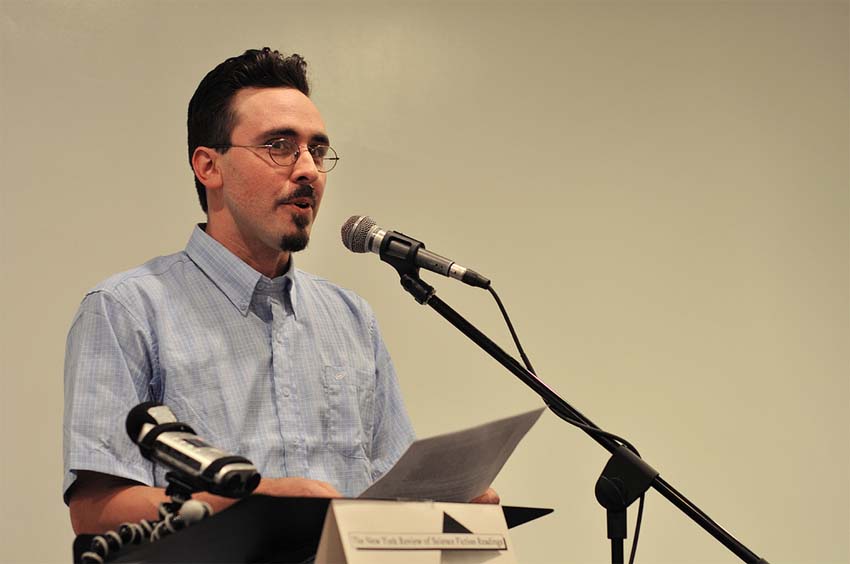
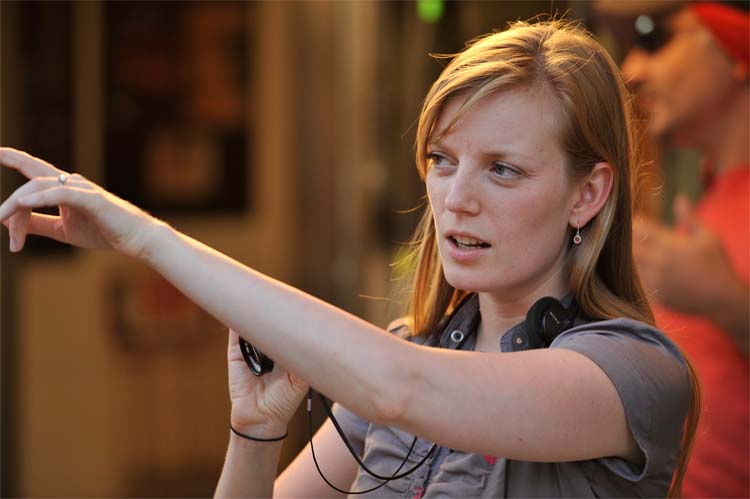
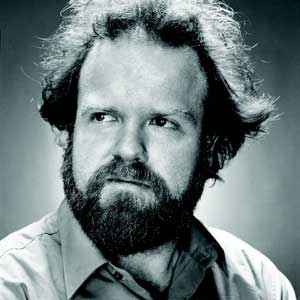
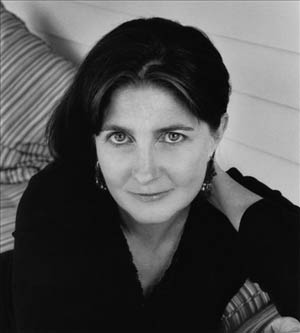

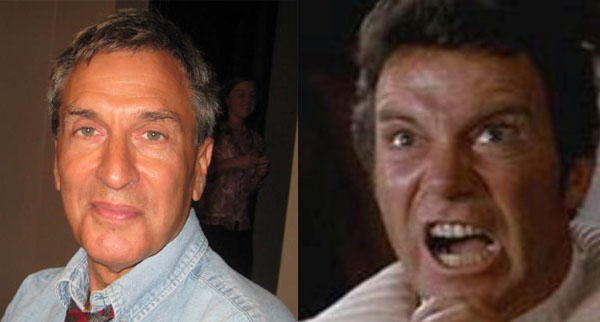

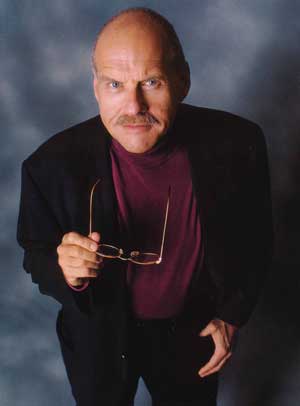 Correspondent: You mentioned that you had attempted memoir before.
Correspondent: You mentioned that you had attempted memoir before.

 Correspondent: Fariba’s birth certificate is fake, you note later on in the book.
Correspondent: Fariba’s birth certificate is fake, you note later on in the book.